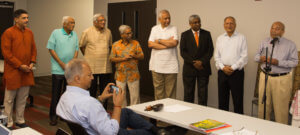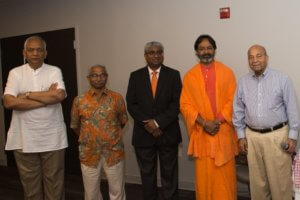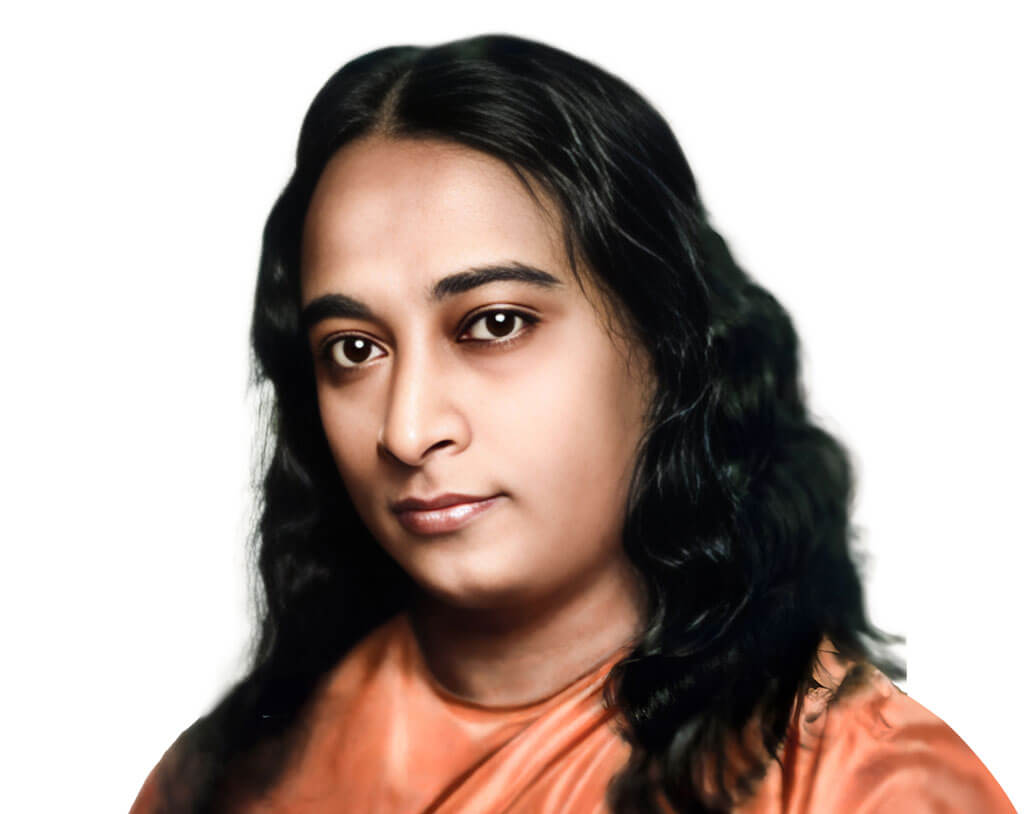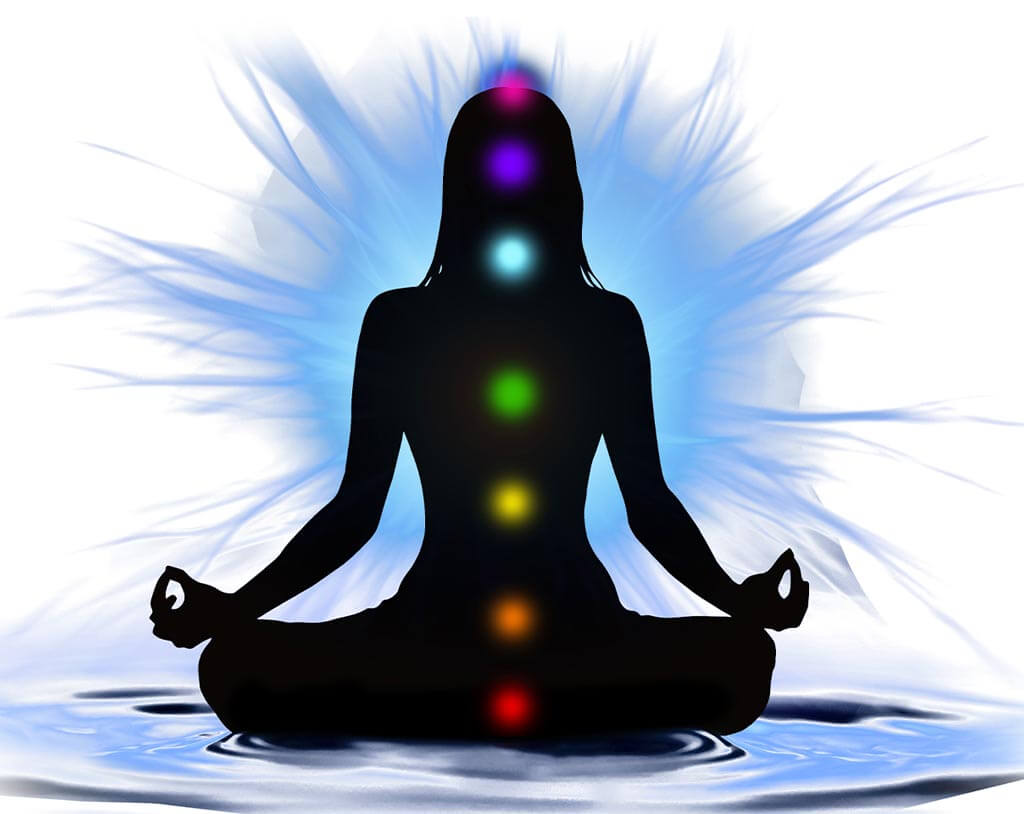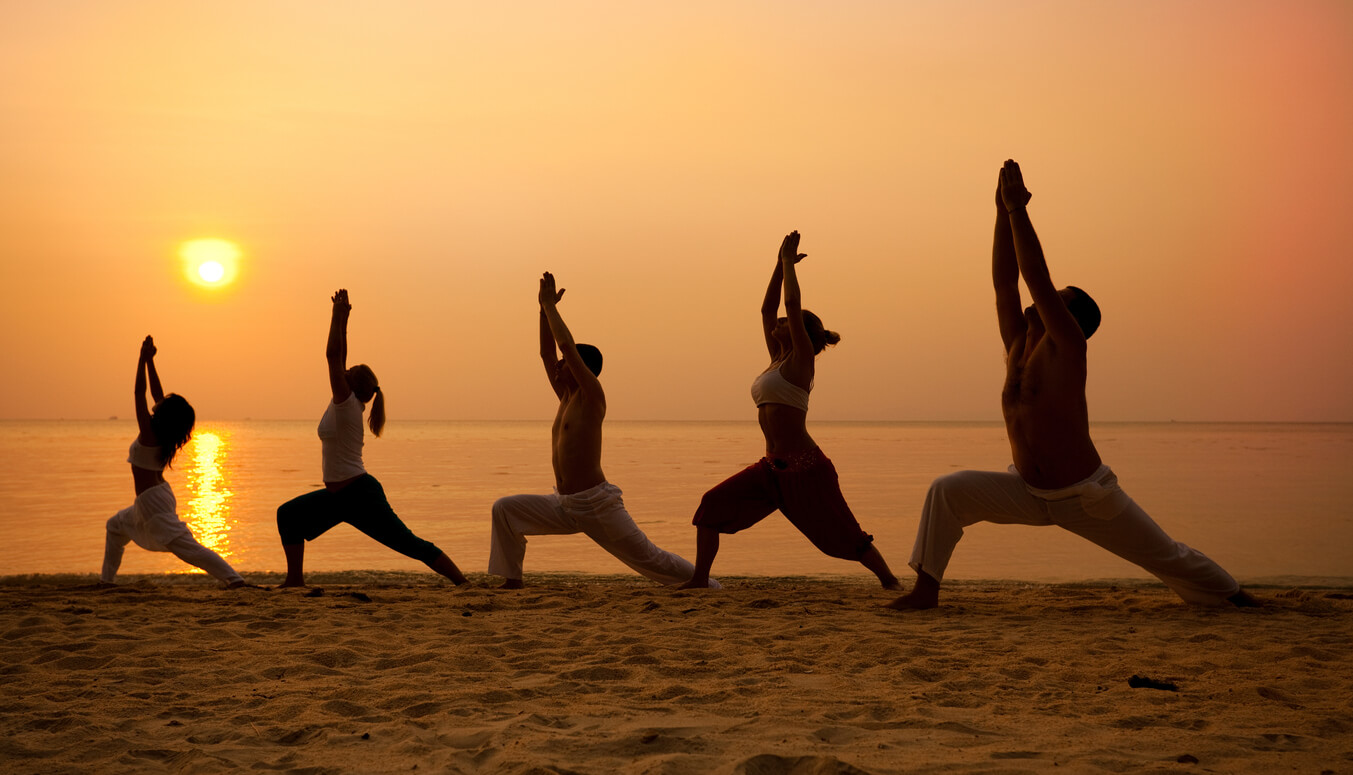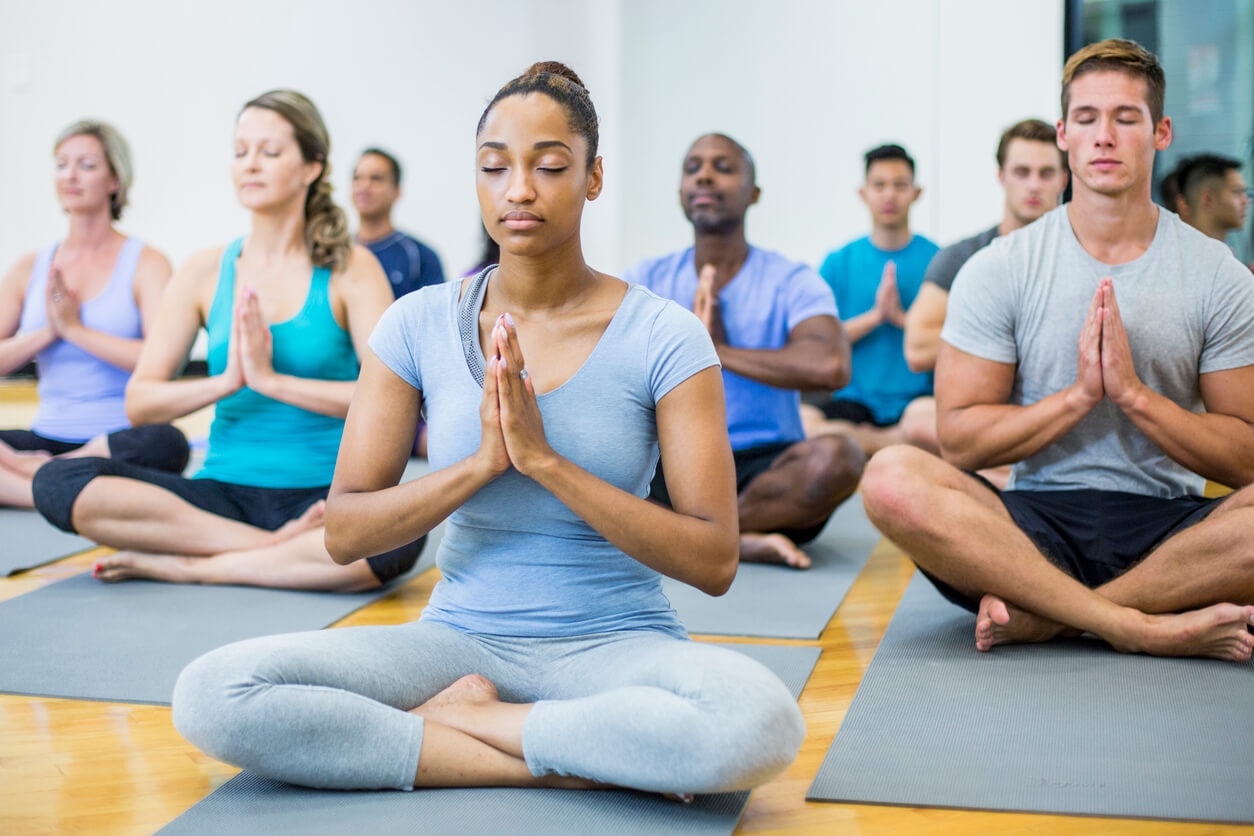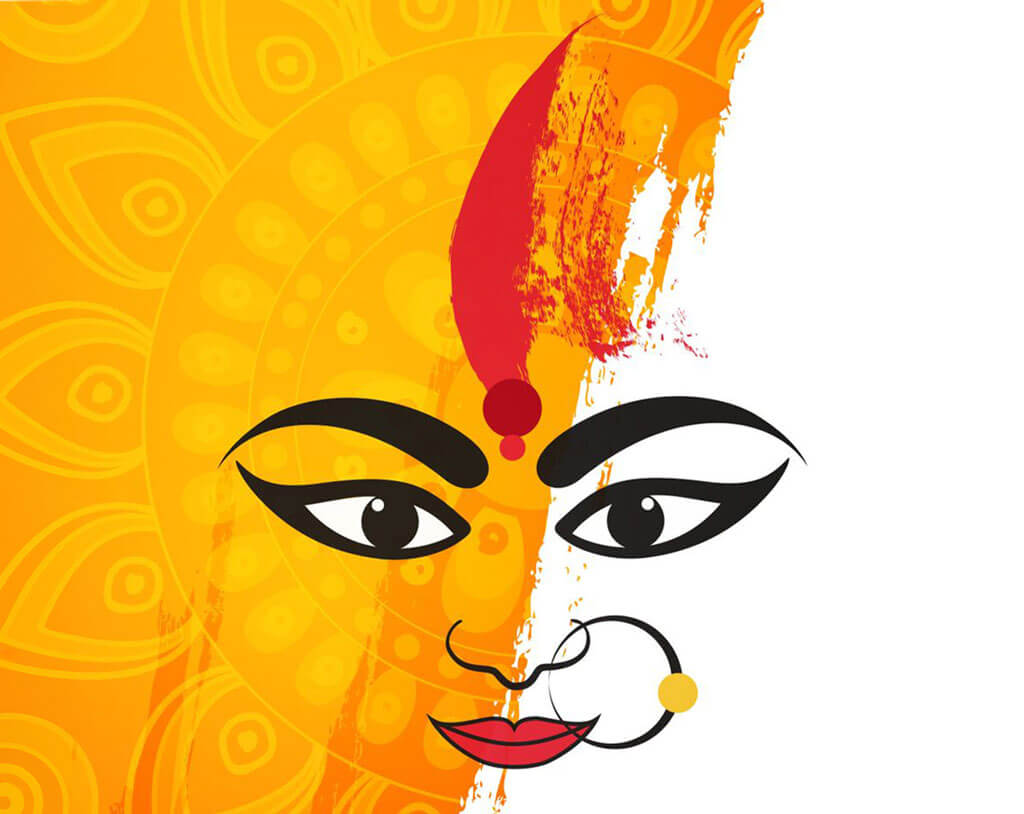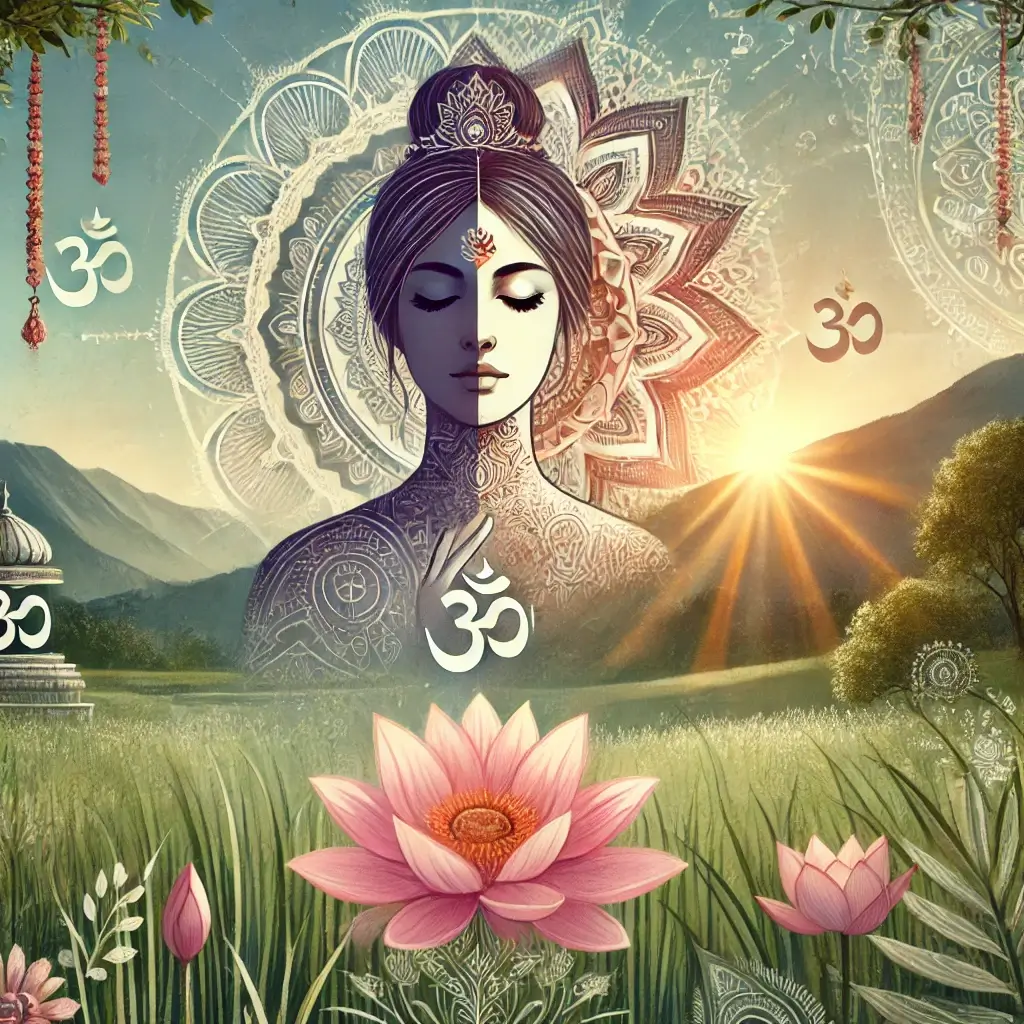Immersive Exploration of the Autobiography of a Yogi Course
Course Content
We will read, ponder, and discuss Autobiography of a Yogi from start to finish, covering approximately fifty pages in each session. We will examine deeply the specific events depicted in the book in their historical, cultural, spiritual, and thematic context. The first 27 years of Yogananda’s life unfolded mainly in Bengal at an important moment in Indian history; he spent virtually all of the next 32 years in America (with the notable exception of one year in his homeland), spanning the Roaring Twenties, the Great Depression, and World War II. His classic autobiography was published in December, 1946.
Themes to be examined include: Yogananda’s descriptions of core Hindu teachings; his skillful adaptation of Hindu dharma to modern American culture and values; his attempts to balance innovation and tradition; the nuances of the guru-disciple relationship (Yogananda was both a devoted chela and a guru to many); the racism and bigotry he encountered as a public-facing Hindu in America; Yogananda as an example of a renunciate in the world, and of someone deeply committed to his dharma; how to understand the miraculous feats of yogic mind power his book famously depicts.
Importantly, the course will also emphasize what Yogananda left out. As the author of the groundbreaking biography The Life of Yogananda, Philip Goldberg will fill in the many gaps, bringing to light facts about the writing of the book and its publication, plus important details about Yogananda’s complex and fascinating life that are not mentioned in Autobiography of a Yogi—or, in many instances, anywhere else. Yogananda’s book is as relevant today as it was when published.
The life it depicts is unique in many ways, but it is also a model for all who strive for spiritual advancement amidst the challenges of worldly life.
Course Learning Objectives:
In this course students will be able to:
a) Explore deeply the seminal book that has launched millions of spiritual quests and illuminated millions of lives throughout the world.
b) Examine core principles and practices of Hindu Dharma through the work of the most influential guru to come to the West.
c) Better understand the challenge of adapting Dharmic teachings to Western culture, values, and beliefs in the scientific era.
d) Evaluate Yogananda’s contribution to the meeting of East and West, spirituality and science, ancient and modern.
e) Better understand how yogic principles and practices can enhance everyday life in the modern world.
f) Internalize key lessons from Yogananda’s life to uplift our own.
Class Structure
There will be ten lessons of 90 minutes each. The class will be structured in a way that promotes discussion, with an initial overview and orientation followed by a facilitated conversation. At the end of the course, students will be asked to submit a short essay based on self-reflection on their most important takeaways from the course.
Area of Study: Yoga Studies
Prerequisites: Admission into program of study
Required / Elective: Elective
Faculty/Instructor: Dr. Philip Goldberg
Start Date: July 12, 2022
End Date: September 20, 2022
Day: Every Tuesday
Time: 08:30 pm EST – 10:00 pm EST
Quarter Offered: Summer 2022







